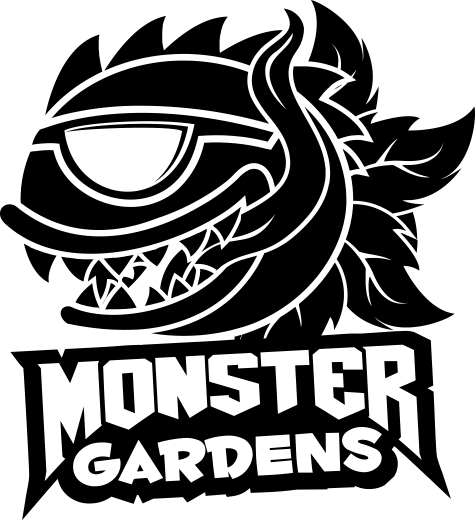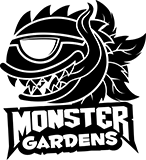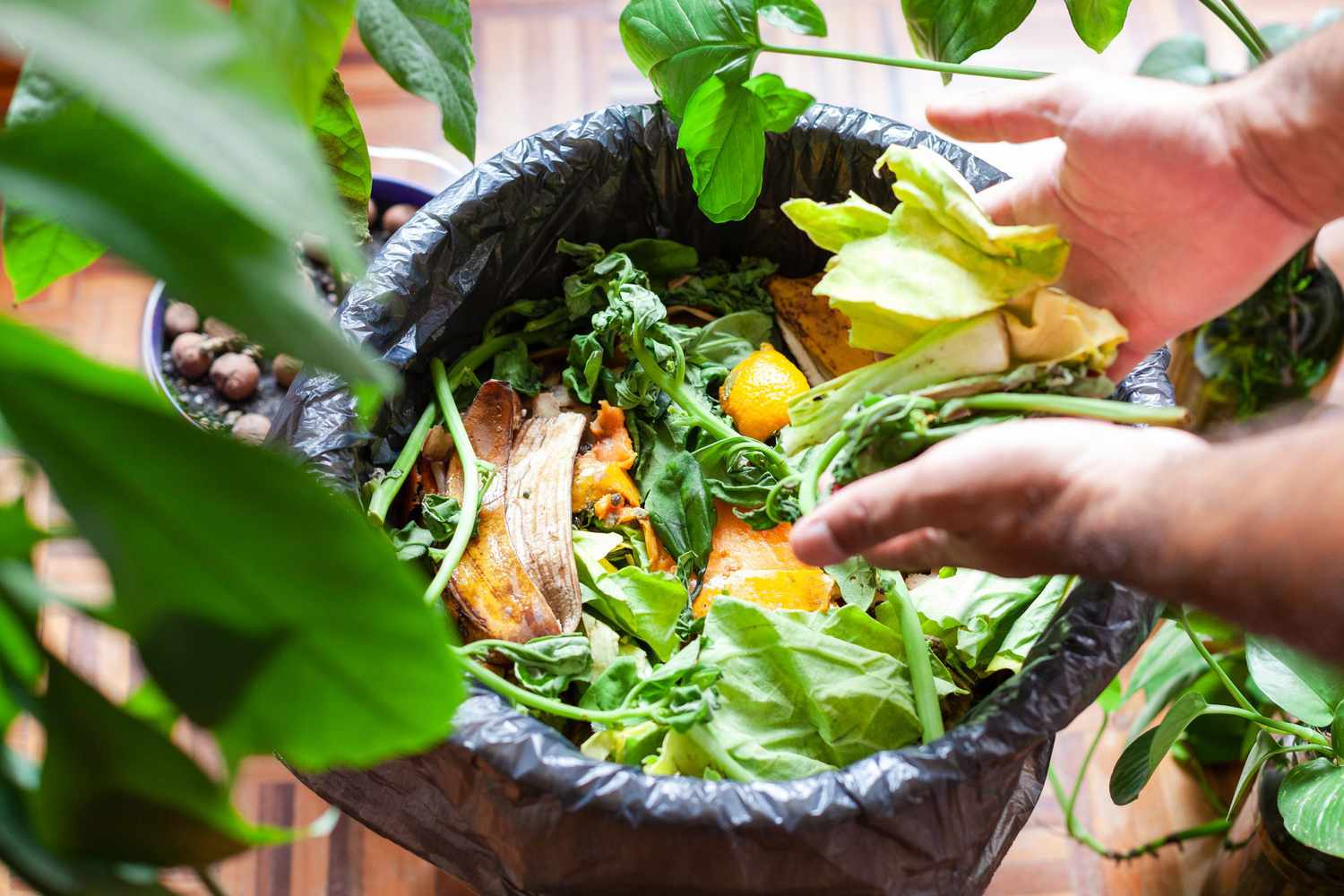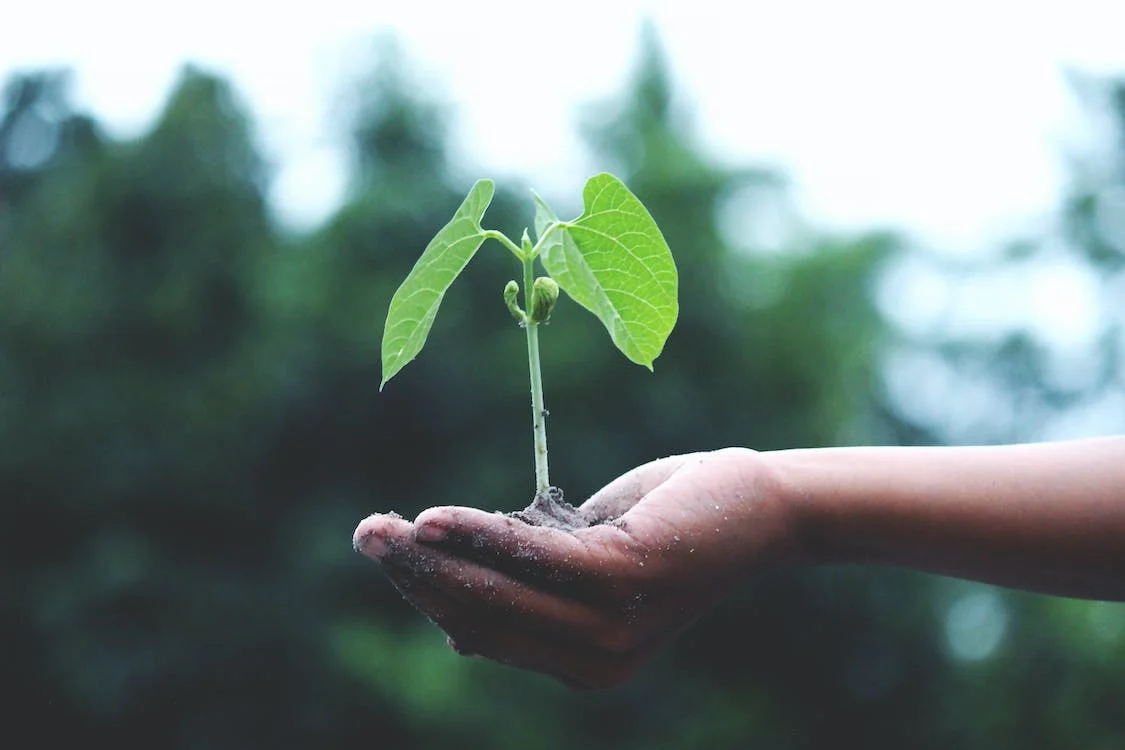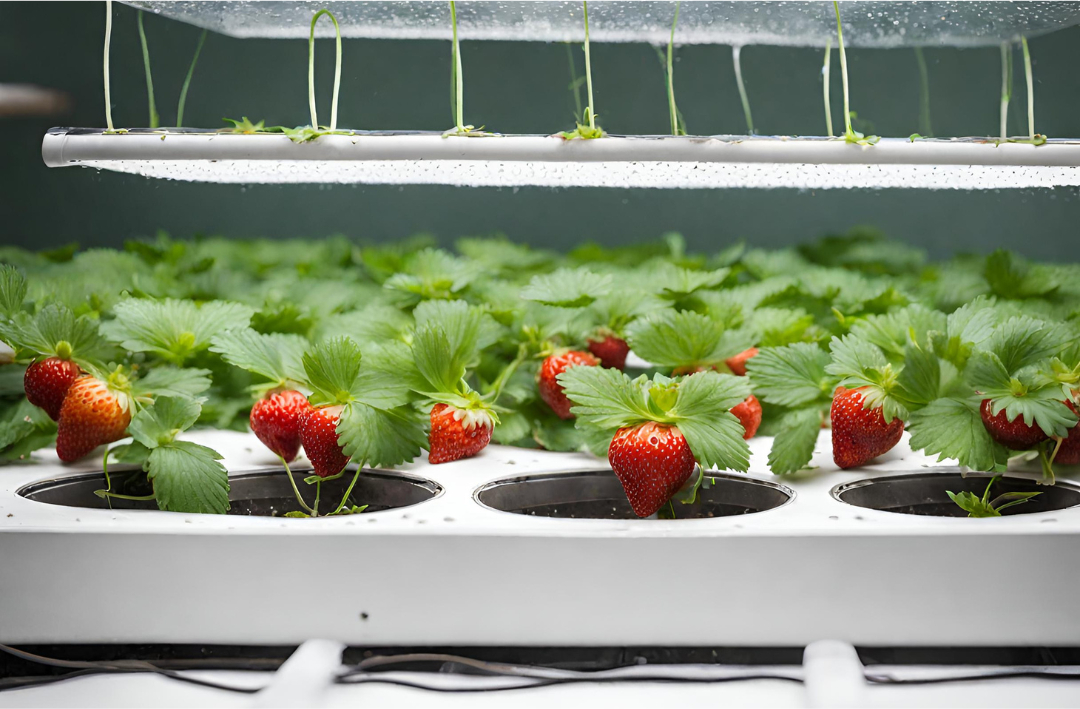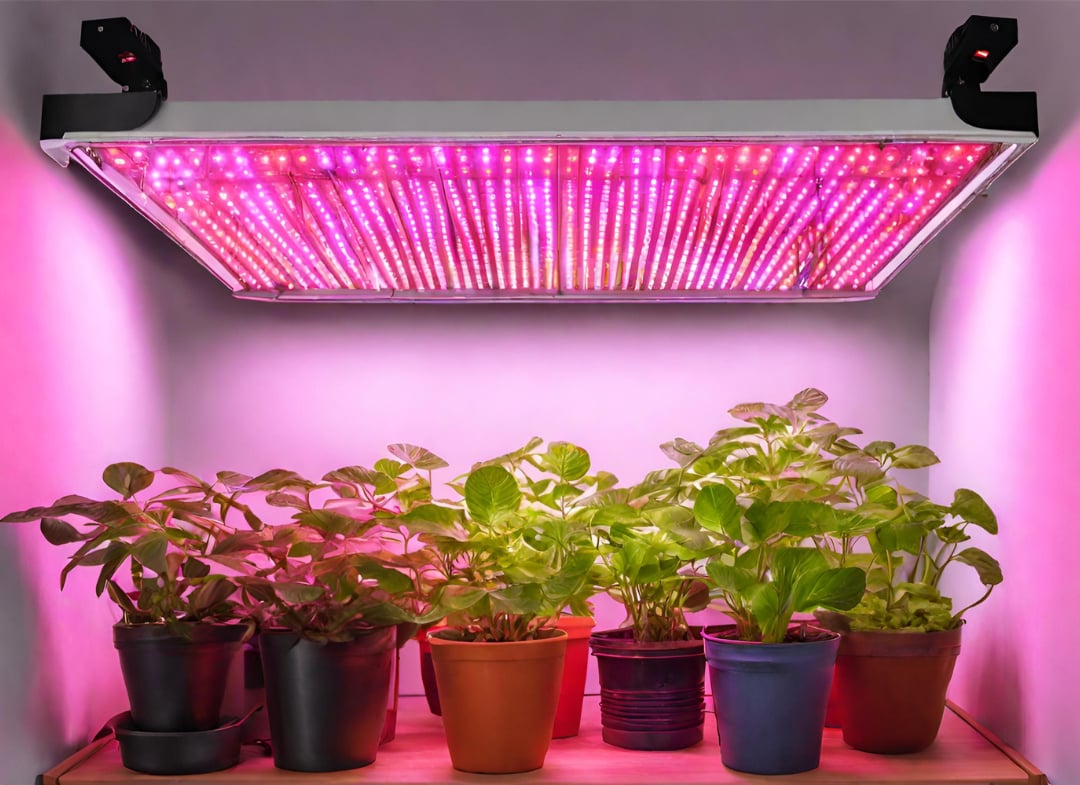
Hydroponic Plants and Watering
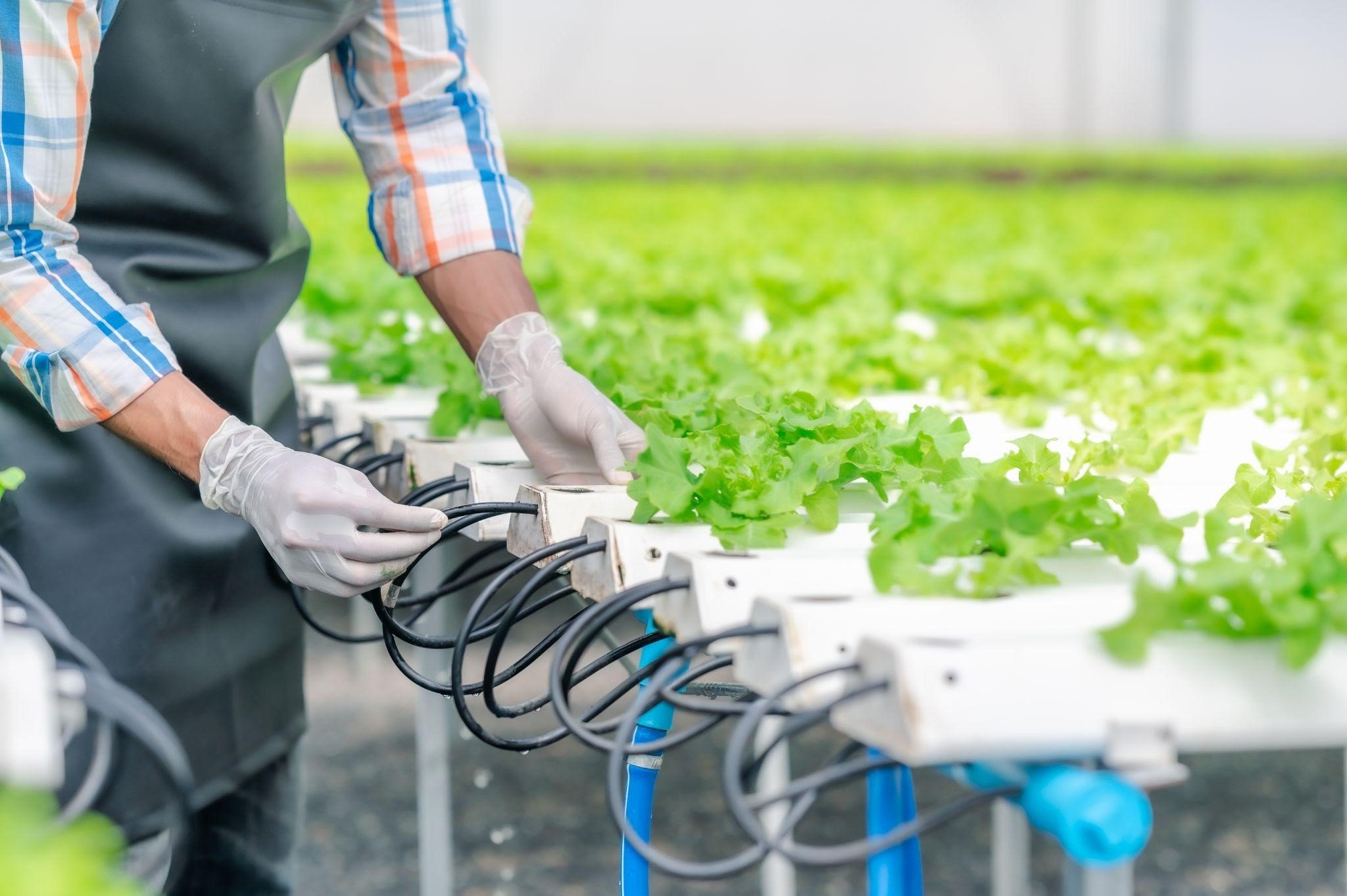
Knowing how to manage water intake is essential for any plant grower. It is especially important when growing plants in hydroponics because of how susceptible they can be to nutrient deficits. Hydroponics is a method of plant cultivation that uses solution instead of soil as a mechanism for nutrient delivery and growth. One of the benefits of this growing method is that hydroponics does not need a lot of water. Nonetheless, hydroponics irrigation still requires diligent observation and timely adjustments. We’re going to cover the basics of growing plants in water with hydroponics.
How Much Water Does a Hydroponic Plant Need?
The necessary water for hydroponics success depends on several factors:
- Type of plant: different plants have different water needs.
- Age of plant: plants need varying amounts of water throughout the hydroponics cycle.
- Size of plant: larger plants need more water than smaller ones.
- Temperature: the higher the temperature of the growing environment, the more water your hydroponic plants will need.
- Light: more light can contribute to higher temperatures and higher water needs.
- Growing media: different media hold water differently.
While there will always be some variation, when navigating hydroponics and how much water per plant, a good basic rule is half a gallon for a small plant, one and a half gallons for medium plants, and two and a half gallons for a large plant.
How Long Should You Water Hydroponic Plants?
Wondering why your hydroponic plants are wilting? When you are working to identify your hydroponics watering schedule, it is critical to monitor your plants to see how they are responding, looking for signs of overwatering or underwatering.
Signs of overwatering:
- Slow growth
- Root rot
- Droopy or yellow leaves
You can correct these issues with your hydroponic plants by reducing the frequency of your watering.
Signs of underwatering:
- Wilting, brittle, or paper-thin leaves
- Dull or lifeless plants
By the time your hydroponic plants are showing these symptoms, your plants are already experiencing stress. To help correct underwatering, increase the frequency of your watering.
You can also utilize devices that will help you monitor water levels when growing hydroponic plants.
How Often Should You Change Hydroponic Water?
You will need to periodically change the water for your hydroponics but changing it too often can cause stress to hydroponic plants. If you use an average-sized tank, you will probably need to do a full hydroponics watering system change every two to three weeks. The time will be shorter if you are using a smaller tank. You may also need to do a full change of your hydroponics water if you find pH imbalances or abnormalities like algae or bacteria in your tank. You should do a full change of your water when you change your fertilizer as well. You can top off your tank as often as you need to maintain the proper levels, but you want to make sure the added water matches what is in the tank already, meaning you want to prepare the water for hydroponics the same way each time.
Tips for Best Watering for Hydroponics
How do you maintain your hydroponics water? Here are some best practices.
- Use high-quality water. The best choice for hydroponic plants is distilled water or treated tap water. You can also use rainwater, but you should test to ensure it has the right pH balance. Well water is not recommended for growing plants with hydroponics. The ideal water temperature for hydroponics is usually 59-86°F.
- Select the right growing media. To successfully grow plants in hydroponics, it is imperative to find the right balance between water drainage and retention. The media you use should be moist, not dry or wet, between waterings to allow the plants the opportunity to get the necessary carbon dioxide.
- Employ proper tools. Make sure your growing container is large enough to allow for drainage. Equipment like drip lines, water timers, and water monitors can help ensure your hydroponic plants are getting the water they need.
If you are struggling with understanding the water needs of your hydroponic plants, Monster Gardens has the expertise and hydroponics equipment to help. We are known for carrying one of the largest inventories of hydroponic planting supplies in the country. Shop our vast array of products today.
About the Author

